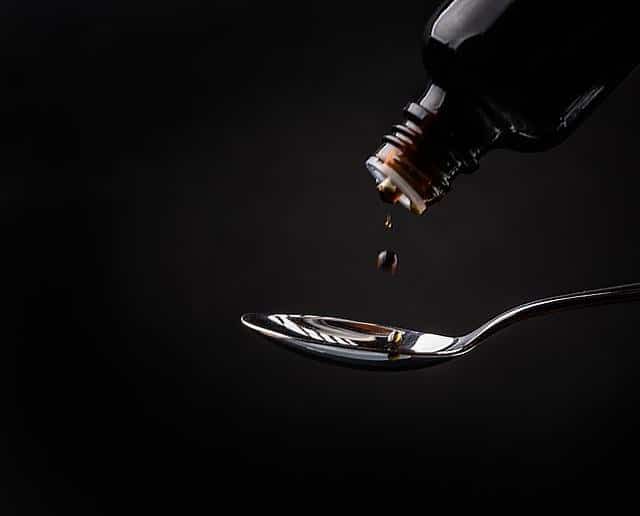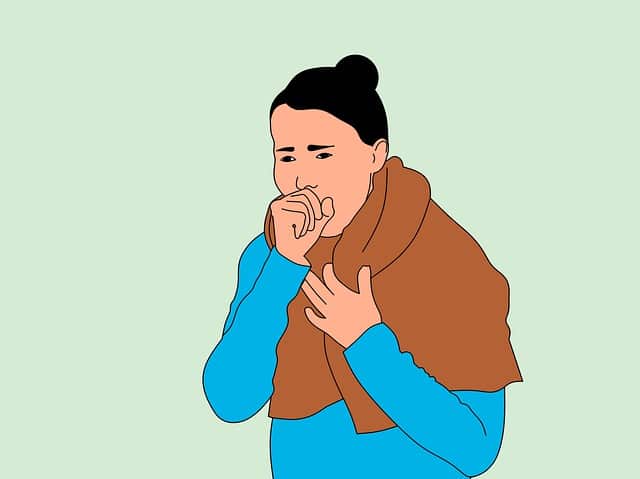
An expectorant is a remedy that helps you expectorate.
The adjective expectorant is used to describe what causes expectoration . The term is used to refer to the substances or products that generate this type of reaction.
To understand what an expectorant is, therefore, you must first focus on the verb expectorate . This is the name given to the act that leads to removing and dismissing the secretions that are lodged in the bronchi, trachea, larynx or pharynx .
An expectorant, then, facilitates this process. In general, it is a medication that, due to its characteristics, helps the person who ingests it to spit out phlegm, removing it from the internal cavities of the body and throwing it outside through the mouth .
Modes of action of expectorants
As we already indicated, an expectorant drug is responsible for stimulating the mechanisms that make it possible to eliminate secretions. In any case, the name also applies to remedies that, in one way or another, contribute to the process .
Thus, an expectorant can be a mucolytic . In this case, the medication causes the mucus to become more fluid, a feature that helps its expulsion. Similarly, emollients are called expectorants: medicines used to soften something that is hard (in this context, mucous secretions).
An expectorant, in this way, can soften or make the mucus more fluid or stimulate the body's reaction that enables its excretion. Sodium iodide , potassium iodide and guaifenesin are some commonly used expectorants.

With their action, expectorants help relieve cough.
When are they used
It is important to note that a doctor must be in charge of prescribing or indicating the use of expectorant. Many of these remedies are over-the-counter, so you can also consult a pharmacist about how to use them.
Typically, expectorants are used to treat coughs . However, it is necessary to identify the causes of cough to determine whether intake is adequate or not.
Expectorants, cough and mucus
The use of expectorants, in short, is linked to cough and mucus . Cough is a convulsive-type reflex that develops from the contraction of the diaphragm; Its purpose is to keep the airways free of foreign elements.
Mucus, on the other hand, is responsible for protecting the larynx and the tracheobronchial region against different types of attacks. In certain situations, there is an excessive amount of mucus that reaches the pharynx and the cough reflex occurs as the body seeks to free the area.
What the expectorant does, through the mechanisms already mentioned, is to collaborate with the expulsion of excess mucus . That is why it assists in the liberation of the area , thereby minimizing cough (as the level of mucus is reduced, the organic reflex also decreases as it becomes unnecessary). If the cough has another origin, however, the expectorant may be ineffective.
